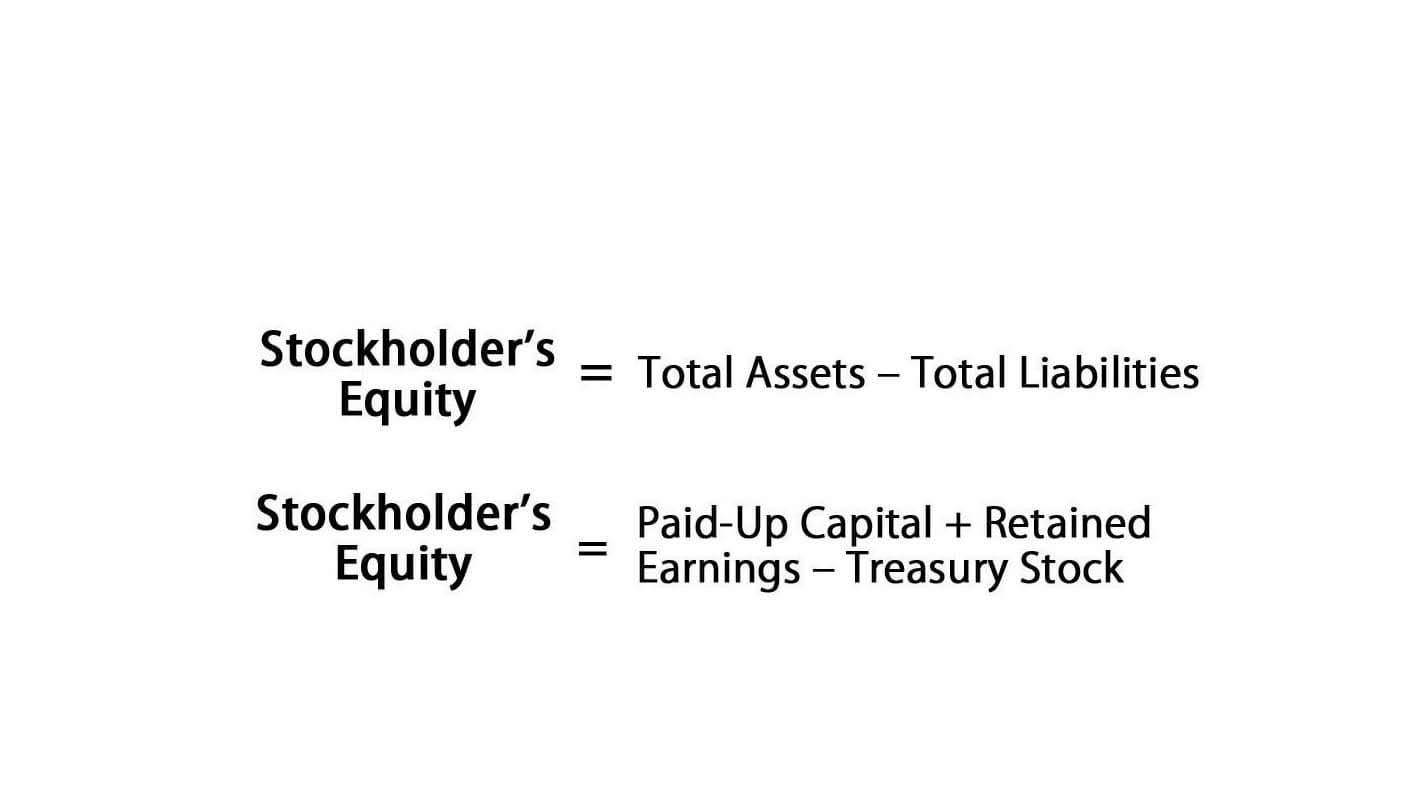
This privilege does not apply to state tax matters, although a number of states have an accountant-client privilege. The IRS Restructuring and Reform Act of 1998 provides federally-authorized practitioners (those bound by the Department Car Dealership Accounting of Treasury’s Circular 230 regulations) with a limited client privilege. Enrolled agents are the only tax professionals who do not require a state license. However, they have a federal license and can represent a taxpayer in any state.

The enrolled agent license is the highest credential the IRS issues.
- A tax professional can also qualify as an EA if they’ve worked for the IRS for at least five years in a position that requires extensive knowledge of the tax code and its applications.
- The test is offered from May 1 to the end of Feb. of the following year.
- NAEA members are obligated to complete 30 hours per year (for a total of 90 hours per three year period).
- However, no matter who you hire, there are certain things to keep in mind.
- Unlike attorneys and CPAs, who may or may not choose to specialize in taxes, all enrolled agents specialize in taxation.
- In 1972, a group of enrolled agents collaborated to form the NAEA to represent the interests of EAs and increase the professional development of its members.
- All candidates are subjected to a rigorous background check conducted by the IRS.
An enrolled agent is the only type of tax professional who has this type of relationship with the IRS. The right to practice before the Internal Revenue Service is regulated by Federal statute,7 and persons authorized to practice are known as “Federally Authorized Tax Practitioners”,8 or “FATPs”. The FATP status is granted to attorneys, certified public accountants, and Enrolled Agents, each having unlimited representation rights before the Internal Revenue Service. Tax attorneys are also frequently hired to explain the tax implications of various transactions, interpret new tax laws and regulations, and advise clients on gray areas of the tax law. So, even though enrolled agents can be a great choice for tax preparation services, you might need the help of a tax attorney if you need to dive deeper into the law to handle a tax-related situation.
Self-Employed Tax Deductions Calculator

You can even start your own tax planning and preparation firm and assist individuals and businesses with their tax needs. Having your own business allows you to specialize in particular niches and areas of interest, like working with high-net worth individuals or real estate agents and companies. Individuals and businesses were submitting fraudulent claims for property loss and damage sustained during the Civil War while people with legitimate claims were unable to get them settled. Congress empowered enrolled agents to prepare claims against the government with the Horse Act of 1884. For instance, unlike enrolled agents, CPAs must have an undergraduate college degree. A certain number of college credits in accounting is typically payroll needed, too.
What is the pass rate of the Enrolled Agent?
- The “EA” designation is the highest tax credential recognized by the IRS.
- We are a team of tax experts that spans enrolled agents (EAs), certified public accountants (CPAs), and licensed tax attorneys.
- However, salary will depend on the type and years of experience and also the location of their job.
- You may also apply for enrollment by mail by submitting a completed Form 23, Application for Enrollment to Practice before the IRS PDF, along with a check for $140 to the address listed on the form.
- The enrolled agents are expert and certified professionals who handle tax-related matters like filing, audit, or dispute resolution of clients, either individual or business, and represent them to the IRS.
- This means that, in theory, any of these tax professionals could e.g. file your tax return, negotiate a settlement agreement for back taxes, or fight fines and penalties.
If you need help finding an enrolled agent near year, TurboTax Live Full Service will match you with a local tax expert who’s ready, willing, and able to handle your specific needs. EA certification is obtained through the IRS, not through any particular state. As a result, an enrolled agent in New York can help you with a federal tax matter even if you live in California. But even though you can hire an enrolled agent in another state, there are certainly some advantages to working with a local tax expert. Scaled scores are determined by calculating the number of questions answered correctly and converting it to a scale that ranges from 40 to 130.
In addition, since CPAs have to earn more college credits than most undergraduate degrees require, they often have more years of college what is enrolled agent than necessary or have taken graduate-level classes. Plus, most states require CPAs to work under the supervision of a licensed CPA for a certain period of time before they can practice on their own. Enrolled agents have to take a certain number of continuing education courses to maintain their status with the IRS. These courses ensure that they stay up-to-date on the latest tax laws, regulations, and IRS procedures. An Enrolled Agent is authorized by the U.S. federal government to represent taxpayers before the IRS. The National Taxpayer Advocate has identified the complexity of the tax code as the most serious problem facing taxpayers and the IRS alike.



